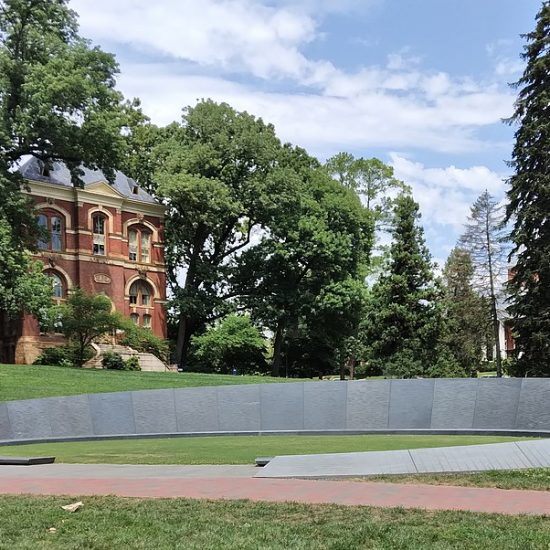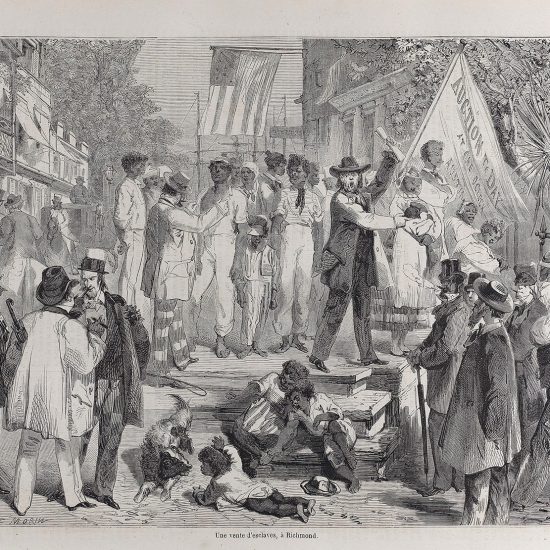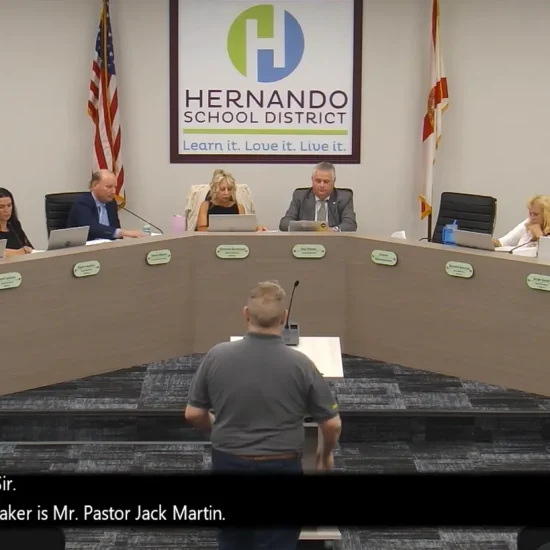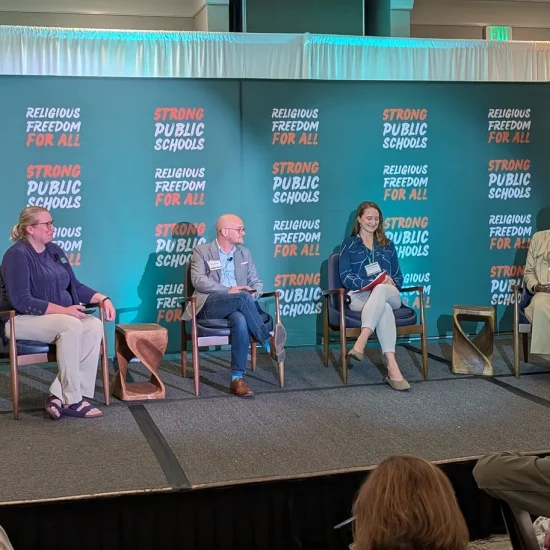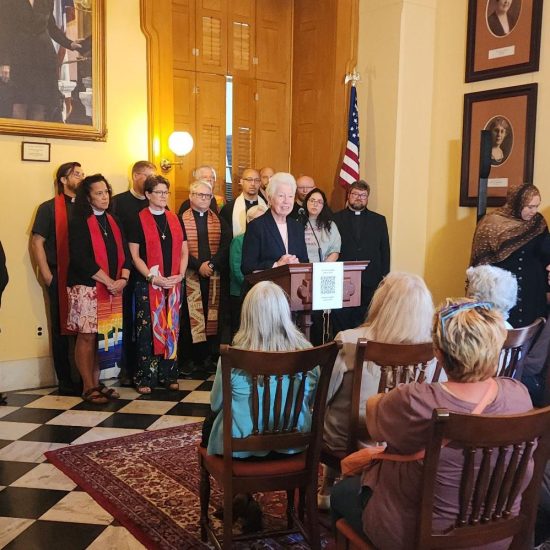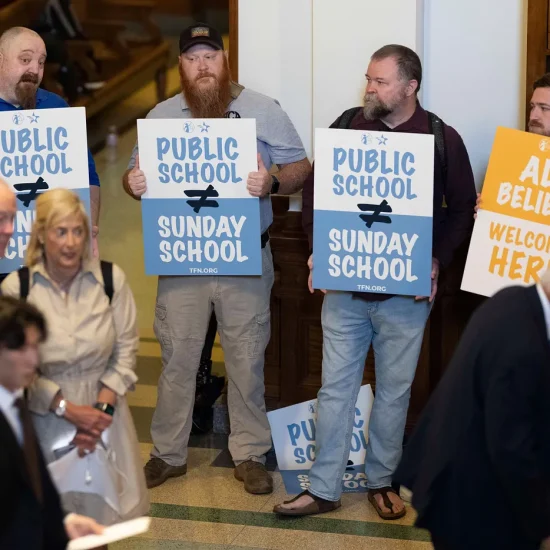RICHMOND, Va. — Virginia Gov. Bob McDonnell has lifted a two-year-old ban on sectarian prayers –including those referring to Jesus Christ — led by Virginia State Police chaplains at department-sanctioned public events.
The recently-elected Republican governor instructed state police superintendent Col. Steven Flaherty April 28 to inform the nine troopers who serve as chaplains of the change in policy.
“The governor does not believe the state should tell chaplains of any faith how to pray,” McDonnell spokesman Tucker Martin told the Richmond Times-Dispatch. “Religious officials of all faiths should be allowed to pray according to the dictates of their consciences.”
Flaherty, who was reappointed superintendent by McDonnell on April 28, initiated the ban in September 2008 in response to a ruling by the 4th Circuit Court of Appeals that a Fredericksburg (Va.) City Council member may not pray in Jesus’ name during council meetings because invocations are government speech. Flaherty said the chaplain prayer policy did not apply to private ceremonies or individual counseling.
In response, six chaplains — all troopers who hold the religious post voluntarily — resigned in protest. Then Gov. Tim Kaine, a Democrat, said at the time he did not initiate the ban but supported it. Attempts to change the policy failed in the Virginia General Assembly in 2009 and 2010.
Conservative Christian groups hailed McDonnell’s reinstatement of sectarian prayers.
The old policy was “an act of discrimination,” Victoria Cobb, president of the Family Foundation of Virginia, told the Norfolk (Va.) Virginian-Pilot.
Donald Blake, chair of the Virginia Christian Alliance, told the Times-Dispatch, “We kind of knew Bob McDonnell would make this decision before he was elected. There are a lot of happy Virginians and, I imagine, chaplains after this.”
According to the Washington Post, both the Family Foundation and the Christian Alliance have been lobbying McDonnell to lift the ban. Blake said he spoke to the governor about it at a recent fundraiser and at a private meeting with McDonnell’s chief of staff.
Kent Willis, executive director of the ACLU of Virginia, said lifting the ban will likely lead to a court challenge.
“The [earlier] policy enacted by the state police is consistent with federal court rulings, and it serves the important purpose of preventing state police chaplains from violating the First Amendment,” Willis wrote in an April 28 letter to McDonnell. “There is no reason for the governor to bow to pressure from groups that are encouraging the police to break the law by delivering sectarian prayers at government events.”
Virginia Attorney General Ken Cuccinelli said McDonnell’s change was constitutional and that he will defend it against litigation.
“It’s a policy decision, not a legal decision,” he said.
But Holly Hollman, general counsel for the Baptist Joint Committee on Religious Liberty, questioned that reasoning.
“It may be a policy decision, but it is a legally reckless one that pushes the boundaries of the law of the 4th Circuit, which covers Virginia,” said Hollman in an e-mail to the Religious Herald. “Government officials leading prayer during government-sponsored events should not use their position to advance a particular theological perspective. No Supreme Court decision provides such a right. There are plenty of venues for Virginians to pray together in accordance with very specific beliefs and traditions. The number and variety of houses of worship in the Commonwealth make that plain. This policy change invites lawsuits and does nothing for religion.”
Robert Dilday is managing editor of the Religious Herald.

